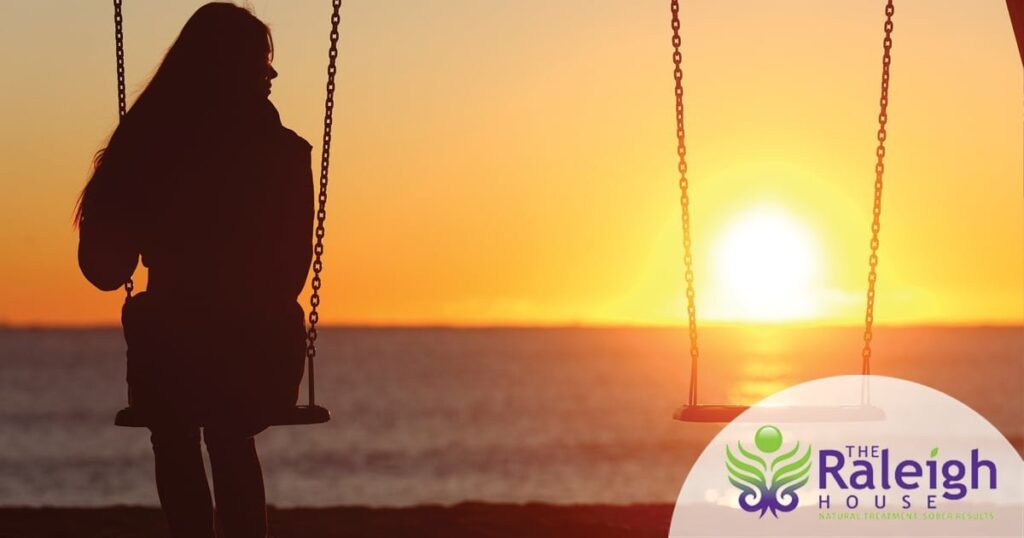
It’s easy to make the mistake of thinking of drug addiction like we think of weight loss or preparing for a big presentation. That is, it’s a question of willpower, determination and hard work.
So when you see your adult son or daughter spinning out of control because of heroin, you just don’t get it. Why won’t they stop? Their behavior flies in the face of everything you believe in.
That might seem logical to people who have never experienced addiction, but it’s not what research has found to be true. Years ago, addiction was thought to be a moral failing and a lack of willpower. However, that has changed. And it’s not because of political correctness (as many people falsely assume). It’s because of science.
This is how the National Institute on Drug Abuse defines addiction:
Addiction is defined as a chronic, relapsing brain disease that is characterized by compulsive drug seeking and use, despite harmful consequences. It is considered a brain disease because drugs change the brain—they change its structure and how it works. These brain changes can be long-lasting, and can lead to the harmful behaviors seen in people who abuse drugs.
That can be hard to understand, but if you want to be able to help your adult child, this is step one. That’s because using guilt or shame as tactics won’t work. In fact, it may achieve the opposite of what you wanted and drive your child away from you and away from rehab.
How to Stop Heroin Addiction
Heroin is a highly addictive drug. People who are addicted to it need it to feel physically well. If they stop using it, they feel sick. They’re nauseous, their joints ache, they can’t get comfortable. They feel tired, yet can’t sleep. They have stomach cramps. And then there’s the psychological torture of knowing they could feel better in one second—if only they could use one more time.
So if you want to convince your adult child to go to rehab, it can be very helpful to actually prove to them that they’re not going to suffer in the way that they expect to at rehab. This is best done by educating yourself and coming up with a plan. Call a treatment center you are considering, ask questions and take notes that you can later share. Find out how your child will get from home to the rehab facility, as well as through the withdrawal period, without feeling sick.
It’s also important that you simply talk to your son or daughter about their lives (and the possibility of going to rehab) in a non-judgmental way. Ask open-ended questions and really listen. Try to empathize with them. Show them you love them and care about them. Help them build hope for the future.
What should you never do? Give them money for drugs. Set boundaries that you are not prepared to follow through on. Tell them that they would get help if they really loved you.
Almost certainly, your child feels worthless. Find ways to show them that’s not true—and could never be true.
We’ve heard it said—and seen it proven true in real life—that it takes at least four conversations with someone who is addicted to really break through to them and convince them that they have hope and a future. Don’t give up. And don’t wait for rock bottom. Especially when you’re dealing with heroin, rock bottom is a place you never want to see.
It’s gut-wrenching to be the parents of addicted adults. But there is hope.
Recovery at The Raleigh House
At the Raleigh House, our first priority is to make your child safe and comfortable. After that, our team of experts gets to work. Your loved one will be assigned his or her own master’s level trained therapist. Together, they will make a plan for rehab—and for the future. Fill out our form or contact us today to learn more about the heroin addiction treatment program at The Raleigh House.




